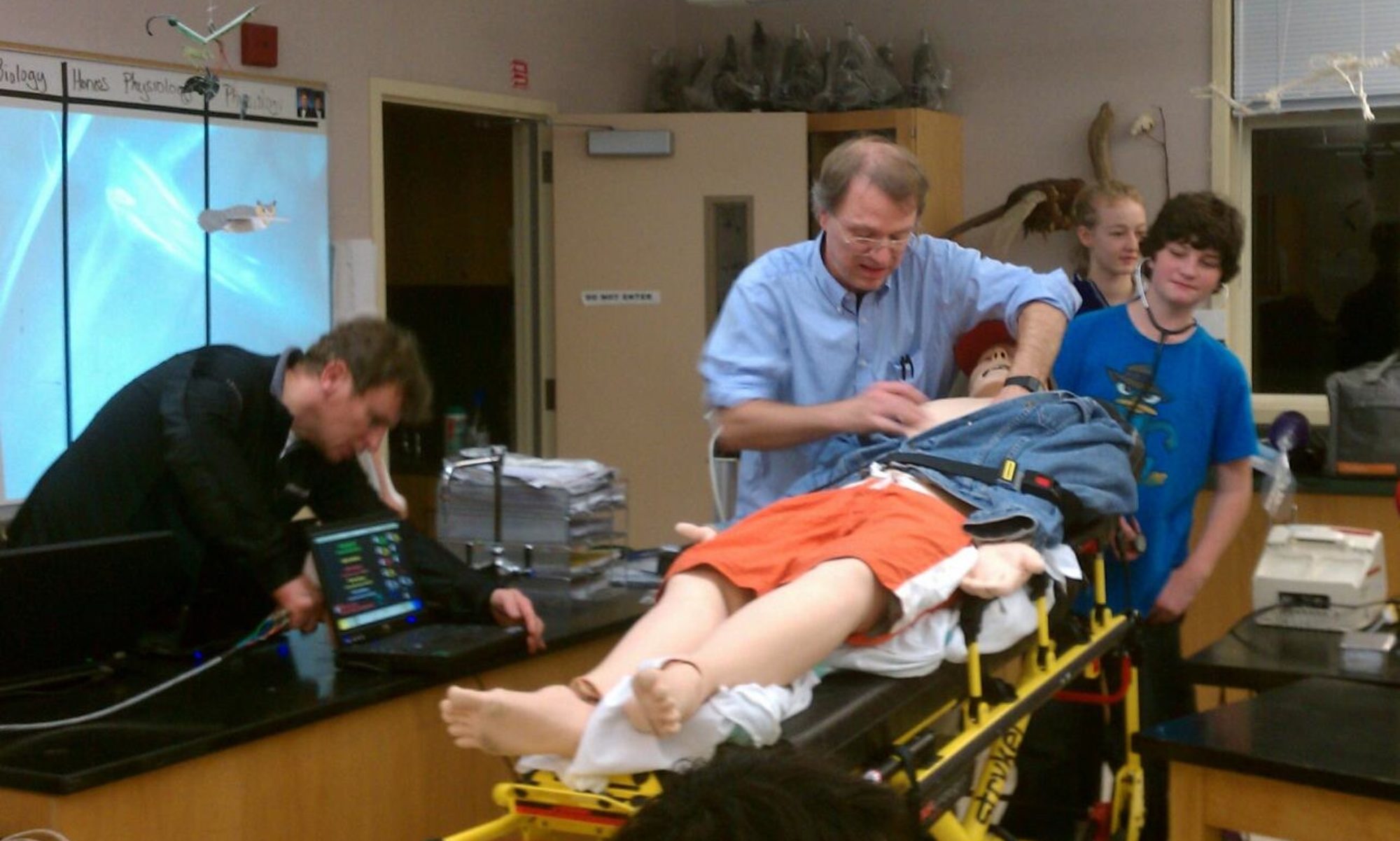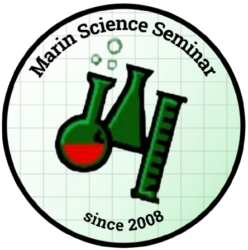by Claire Watry, Terra Linda HS
As inhabitants of a developing nation, the people of Kenya face many obstacles in receiving basic healthcare. According to the Global Health Department at the Massachusetts Institute of Technology, there are five main issues in delivering adequate healthcare in Kenya: infrastructure, lack of funding, access to care in rural areas, price and affordability of medicines, and politics. Statistics from the World Health Organization in 2006 showed that the top five causes of death in Kenya were HIV/AIDS followed by respiratory infections, diarrheal disease, tuberculosis, and malaria. While healthcare in Kenya has been steadily improving, there are still many challenges to overcome especially concerning healthcare access in rural areas. The video below shows the hardships people in rural areas of Kenya face in obtaining healthcare.
Affordable Health Care Still a Dream for Rural Kenya
Access to clean water is one of the biggest health issues in Kenya, especially in rural areas. In rural areas only 54% of people used improved water sources compared to the 83% of people in urban areas who used improved water sources in the year 2011 (UNICEF). In rural areas, the water sources are often shared by livestock and contaminated by feces from the livestock, making the water unsafe to drink.

A short-term solution to unsafe drinking water is the LifeStraw water filter. The LifeStraw water filter allows an individual to drink directly from a water source or bottle just as a person would normally drink through a straw. The waterborne bacteria and other contaminants found in the water can cause severe diarrhea, which is the third leading cause of death in Kenya. LifeStraw prevents these deaths by effectively removing 99.99999% of bacteria and 99.9% of protozoa from the water.
Kenya is reliant on outside donors and organizations in order to receive adequate and affordable health services. The LifeStraw Carbon for Water campaign put on by
ClimateCare is one of these many organiza
tions. This project distributed 877,505 LifeStraw Family filters to households in Kenya’s Western Province which supply safe drinking water directly to 4.5 million people. The video here explains the project and its success in depth.
Another organization called BedNets for Children distributes bed nets to prevent children and their families from contracting malaria from mosquitos. A statistic from the organization’s website states that a child in Africa dies every 60 seconds from malaria. Bed nets have been shown to be very effective in preventing malaria especially for young children under two years of age. The World Health Organization has reported a 33% reduction in malaria deaths in sub-Saharan Africa since 2000.

The First Lady of Kenya Margaret Kenyatta recently announced a “Beyond Zero Campaign” to improve maternal and child health outcomes by combating HIV/AIDS. According to the website, “fifteen women die every day due to pregnancy related complications in Kenya and 20% of all deaths among mothers in the country are AIDS-related.” The campaign has five key elements: “(i) Accelerating HIV programs, (ii) Influencing investment in high impact activities to promote maternal and child health and HIV control, (iii) Mobilizing men as clients, partners and agents of change, (iv) Involving communities to address barriers to accessing HIV, maternal and child health services and (v) Providing leadership, accountability and recognition to accelerate the attainment of HIV, maternal and child health targets.” The goal of the project is to eliminate preventable deaths in children and mothers.

This week’s MSS speaker Maureen Valley DMD MPH participates in two organizations that teach the importance of oral hygiene in Kenya, Kenya Smiles and the Loitikotok Oral Health and Nutrition Project. Through these organizations, Valley distributes toothbrushes and toothpaste, collects research about dental hygiene, and educates children and other community members about oral health.
 |
| The objectives of Kenya Smiles |
 |
| Loitikotok Oral Health and Nutrition Project |
To learn about oral healthcare outreach in Kenya, attend the Marin Science Seminar presentation “Spreading Smiles Worldwide: Oral Healthcare Outreach and Research among the Maasai in Kenya” with Maureen Valley DMD MPH and Samson Saigilu on Wednesday April 23, 2014, 7:30 – 8:30 pm, Terra Linda High School, San Rafael, Room 207.
Information Sources:
ClimateCare http://climatecare.org/our-projects/lifestraw-carbon-for-water/
UnAIDS http://www.unaids.org/en/resources/presscentre/featurestories/2014/january/20140130beyondzerocampaign/
Kenya Smiles http://www.kenyasmiles.org/
Valley Orthodontics http://www.valleyorthodontics.net/#!about4/csaq
Image Sources:
http://www.blackmountainsurvival.com/catalog/lifestraw/
Video Source:
https://www.youtube.com/watch?v=_ansnQOfz2Y
~ Claire Watry








